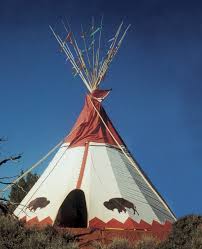seeking4truth
Active Member
Lots of discussions mention text which have both a literal and a symbolic meaning.
Is there something symbolic in the apparent fact that fathers seem to be absent in the life of Moses or Jesus.
What about old men becoming fathers of prophets?
Wives being adulterous or just bad?
The slaying of innocent babies too?
Fights between brothers?
Is the Bible just a history book or is there something more to be understood?
Is there something symbolic in the apparent fact that fathers seem to be absent in the life of Moses or Jesus.
What about old men becoming fathers of prophets?
Wives being adulterous or just bad?
The slaying of innocent babies too?
Fights between brothers?
Is the Bible just a history book or is there something more to be understood?


